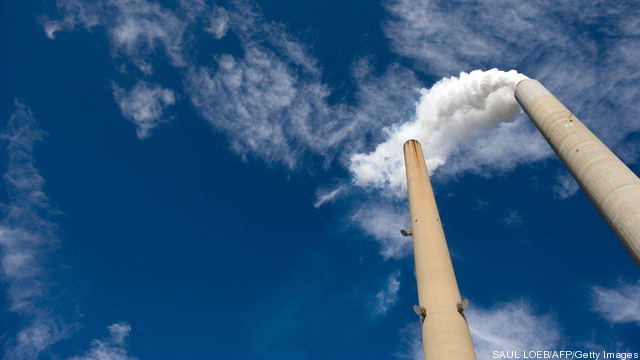A US carbon tax could generate sizeable revenues, but could also have a negative impact on the country’s economy, depending on how those revenues were deployed, according to a report from the United States Congressional Budget Office.
The CBO report noted that neither it nor the Joint Committee on Taxation had developed estimates for carbon tax revenues, but a similar analysis for a carbon cap-and-trade program indicated that a tax covering “the bulk of CO2 emissions or the carbon content of most fossil fuel consumed in the United States” could generate “substantial” revenues.
“In 2011, CBO estimated that a cap-and-trade program that would have set a price of $20 in 2012 to emit a ton of CO2 (and increased that price by 5.6 % each year thereafter) would raise a total of nearly $1.2 trillion during its first decade,” said the report. It would also help to limit expected damage from climate change, resulting a cut of around 8% from total US CO2 emissions over the period.
But raising the cost of fossil fuels would inflate the cost of producing goods and services. “Without accounting for how the revenues from a carbon tax would be used, such a tax would have a negative effect on the economy,” the report said. “The higher prices it caused would diminish the purchasing power of people’s earnings, effectively reducing their real (inflation-adjusted) wages.”
Using revenues to reduce the federal deficit, or to cut marginal tax rates, would help to offset some of the negative economic impact of a carbon tax, but using revenues to help groups most adversely affected by the tax would not, the report said.
You can read the full report here.

